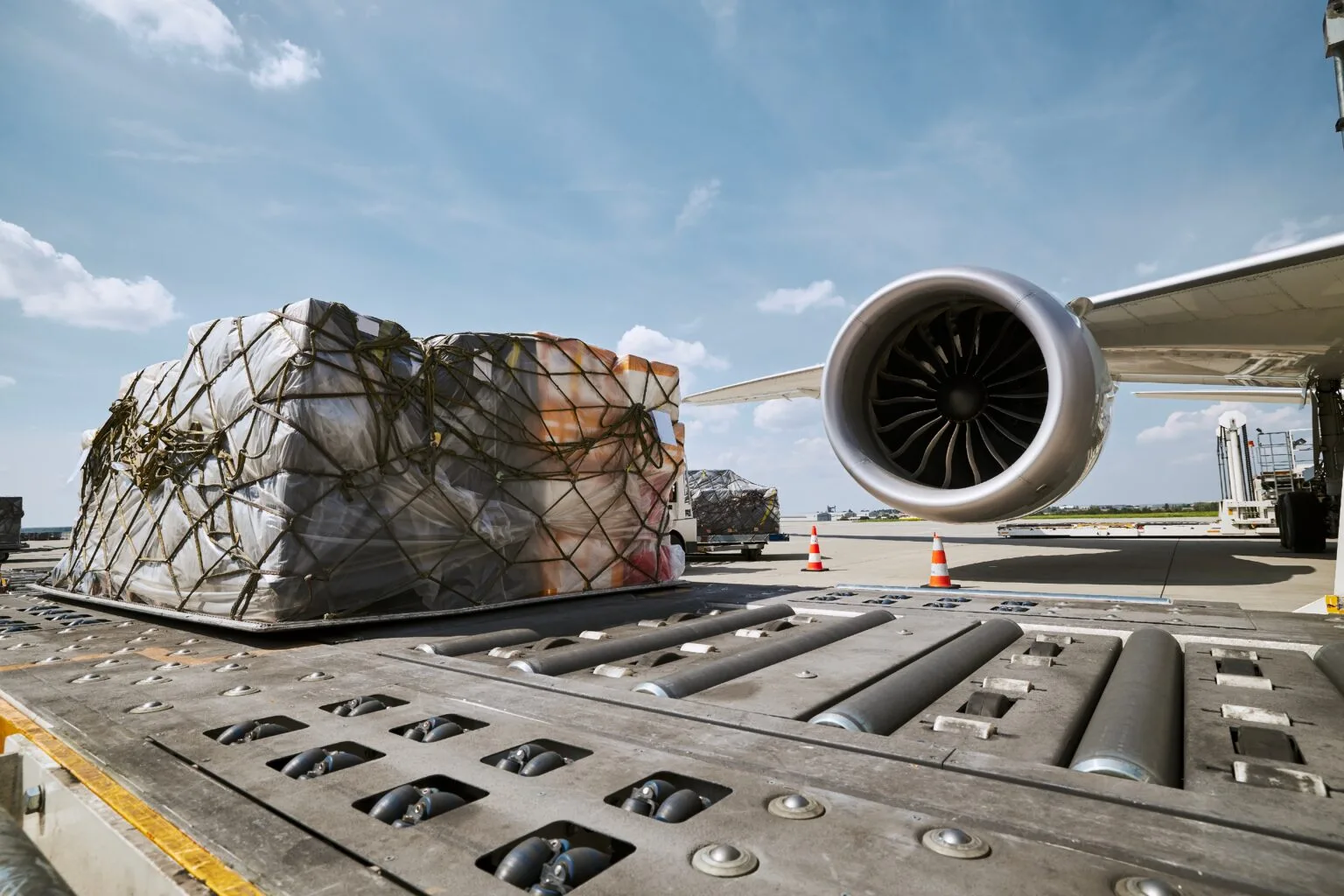英国の物流業界が結束し、喫緊の課題に立ち向かう
英国の貨物・物流セクターの業界リーダーたちが最近集まり、この分野が直面している最も困難な障壁を評価し、協力のための戦略を策定しました。この共同の取り組みは、スキルの育成、国境手続きの合理化、インフラの強化、運営コストの上昇への対処に焦点を当て、同時に、より環境に優しい未来を推進しています。.
スキル不足の解明:見習い制度と運転手採用
物流における繰り返しの悩みの種の一つは、熟練労働者の不足である。成長を持続させるためには、拡大された実習プログラムを通じて労働者のスキルアップを図ることが不可欠であるという点で意見は一致している。この問題を解決するため、物流業界団体連合(ALTA)のメンバーは、業界のニーズに真に応える新たな実習制度を創設することを目指し、実習税へのアクセス改善を提唱している。.
さらに、ジェネレーション・ロジスティクスを支援し、ドライバー中心の採用キャンペーンを開始する動きが再活性化しています。これらのイニシアチブは、不足を補うだけでなく、英国全体の貨物輸送のバックボーンであるドライバーに継続的なサポートを提供することを目的としています。.
国境における効率化とデジタルイノベーション
貨物輸送部門の鼓動は、しばしば国境ゲートで脈打ち、そこで発生する遅延はサプライチェーン全体に波及する可能性があります。より迅速なリリース時間を実現し、摩擦を軽減するAIやデジタル技術を採用することで、よりスマートな国境管理が強く求められています。これは単なる利便性の問題ではなく、経済的な回復力に関する問題です。.
関係者は、貿易が円滑かつ効率的に行われるよう、特に国境管理やエネルギー政策に関して、貨物輸送をより広範な政府戦略に統合することを推進しています。.
国境問題に関する主要点:
- より迅速な通関手続き
- AIとデジタルツールを活用した事務処理の自動化と削減
- 一貫性のある規制のための部門横断的な連携
インフラ:貿易のバックボーン
ローワー・テムズ・クロッシング、ヒースロー空港の拡張、A14号線/オーウェル橋の道沿いの改良など、いくつかのインフラプロジェクトは、正当な貿易の流れに直接的な影響を与えることで注目を集めました。これらのプロジェクトの遅延や投資不足は、システム全体に大きな足かせとなります。.
ここでの総意は明白です。物品を円滑に輸送し続けるために、これらの主要な動脈への投資を増やし、加速させることを推進すべきです。.
高騰するコストと政府支援のバランス
物流企業の運営コスト上昇—最近の国民保険料の引き上げにより悪化—を受け、同業界は政府に対し、今後の財政政策において慎重なアプローチを求めている。成長や不可欠なサービスを妨げることなく、コストを抑制するのは繊細なバランス感覚が求められる。.
環境責任とネットゼロへの道
脱炭素化は最重要課題であり、業界はその排出量削減における役割を認識しています。 業界内の組織はすでに持続可能性対策を取り入れていますが、政府によるより強力で明確な支援と協調的な行動計画を求める声が上がっています。.
この対話は、ブリッジング燃料、再生可能エネルギー供給、および貨物輸送特有の課題を反映した、地域に合わせたソリューションを中心に展開され、ネットゼロへの道筋が現実的かつ包括的なものであるようにするためのものです。.
業界の連携焦点のまとめ
| チャレンジエリア | 主なアクションポイント |
|---|---|
| スキルと人材 | 見習い制度の拡充、Generation Logisticsの支援、ドライバー採用キャンペーン |
| 国境・貿易効率化 | より迅速なリリース、AIの導入、政府の国境政策との統合 |
| インフラ | テムズ・クロッシング、ヒースロー、A14改良などの戦略的プロジェクトへの投資を加速する。 |
| 運用コスト | ロジスティクス部門の圧力を考慮した財政政策を提唱する |
| 持続可能性 | より強力な政府支援、調整されたロードマップ、燃料と地域ソリューションへの重点 |
業界統一の声の力
この連携アプローチは、単なる意見交換の場ではありません。政府の政策や関係者の戦略に影響を与えるための統一戦線を張ることです。取り組みを連携させることで、物流・貨物部門は、経済成長と運営の安定に影響を与える意思決定を形成する上での影響力と効果を高めます。.
なぜこれがロジスティクスにとって重要なのか?
見習い制度が強化され、運転手の採用が加速すれば、その波及効果は物流のあらゆる分野に及びます。熟練労働者が増えれば、遅延が減り、輸送の安全性が高まり、顧客体験が向上します。一方、よりスマートな国境処理により、貨物がシステム内の詰まりのように滞留することがなくなり、サプライチェーンの機敏性が維持されます。インフラのアップグレードは、タイムリーな配達とコストのかかる混乱を分けるものとなり得ます。コストの上昇とネットゼロへの推進が加われば、この多角的な戦略が、商品の効率的かつ持続可能な移動を維持するために不可欠であることは明らかです。.
あなたの番:これらの変化をどう乗り越えるか
貨物輸送、海運、貨物運送に関わるすべての人にとって、これらの動きについて常に情報を得ておくことは非常に重要です。次のようなプラットフォームがあります。 GetTransport.com 世界各地の多様な輸送ニーズへの対応をより容易にするために、オフィス機器の移動から、かさばる貨物の輸送まで、グローバルロジスティクスの鼓動を理解した、合理化された手頃なソリューションを提供します。その広範なネットワークと透明性の高い価格設定は、複雑さを解消し、荷送人に真の優位性をもたらします。.
洞察力と情報に基づいた選択
業界レビューや専門家の意見は貴重な情報源ですが、物流ソリューションを選ぶ際には、第一に実際の経験がものを言います。GetTransport.comでは、貨物輸送に関する競争力のあるグローバルなオファーにアクセスでき、古い噂や誇張された見積もりではなく、リアルタイムの市場オプションに基づいた、よりスマートな意思決定を可能にします。このプラットフォームの透明性、多様性、そして手頃な価格は、信頼性が高く効率的な貨物輸送を、通常伴う頭痛の種なしに求めるすべての人にとって、頼りになるリソースとしての地位を確立しています。.
乗車を予約して、最高のオファーを手に入れよう。 GetTransport.com.
Looking Ahead: What This Means for Global Logistics
これらの展開には英国に焦点を当てたものもありますが、その根底にあるテーマは世界中で共鳴しています。労働力のスキル不足、国境のデジタル化、インフラ強化、コスト管理、そして持続可能性対策は、世界共通の課題です。これらのトレンドに常に注目することで、関係者は競争力を維持し、対応力を高めることができます。.
たとえ一部の詳細が英国の国境を越えて広がらなかったとしても、GetTransport.comのようなプラットフォームが時代の先端を行き、貨物と物流の急速に進化する状況に顧客が適応できるよう支援することは不可欠です。GetTransport.comで、次回の配送計画を立て、貨物を確保しましょう。.
結論
英国の貨物・物流セクターは、スキル開発、よりスマートな国境手続き、インフラ投資、コスト管理、そして環境イニシアチブによって推進される、多面的な変革に向けて明らかに準備を進めています。これらの動きは、進化する課題に直面しつつ、効率性、持続可能性、そして強靭性を高めるという、より広範なビジョンを反映しています。貨物輸送や配送に依存する企業や個人にとって、これらの変化を受け入れることは、より効率的で、信頼性が高く、そして将来を見据えたソリューションを活用することを意味します。.
GetTransport.com この物語にぴったりと適合し、世界中で効率的な貨物、運送、および出荷の配達をサポートする多用途なプラットフォームを提供します。引越しから大型商品の輸送まで、手頃な価格と透明性で物流を簡素化し、多様なニーズに対応し、サプライチェーンを円滑に維持することをこれまで以上に容易にします。.

 英国の物流・貨物業界、成長と持続可能性に向けた統一戦略で主要課題に取り組む">
英国の物流・貨物業界、成長と持続可能性に向けた統一戦略で主要課題に取り組む">